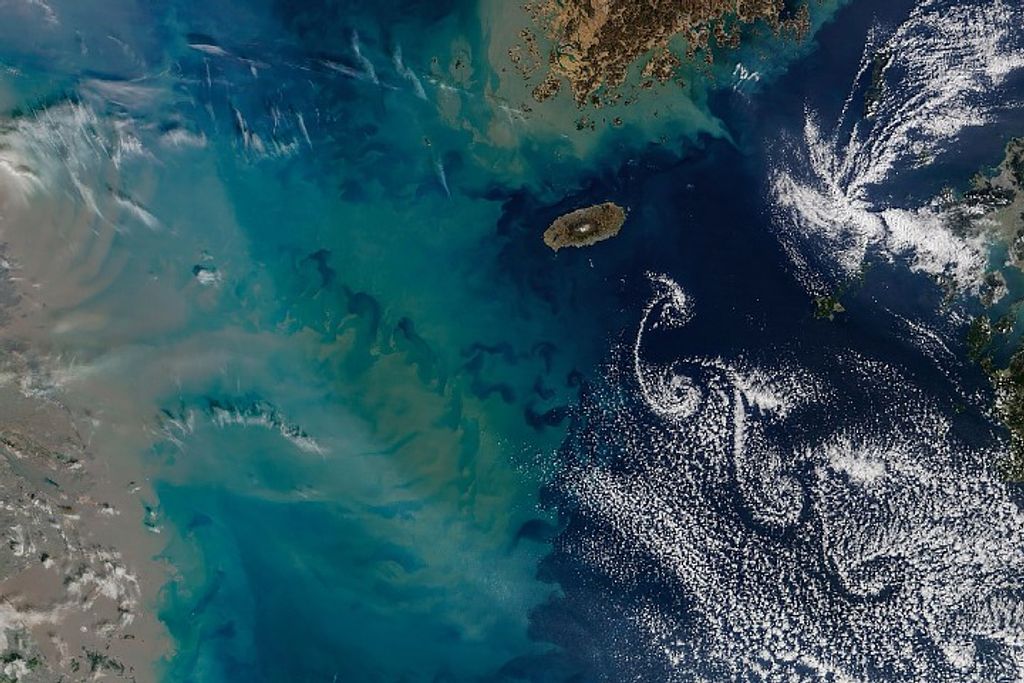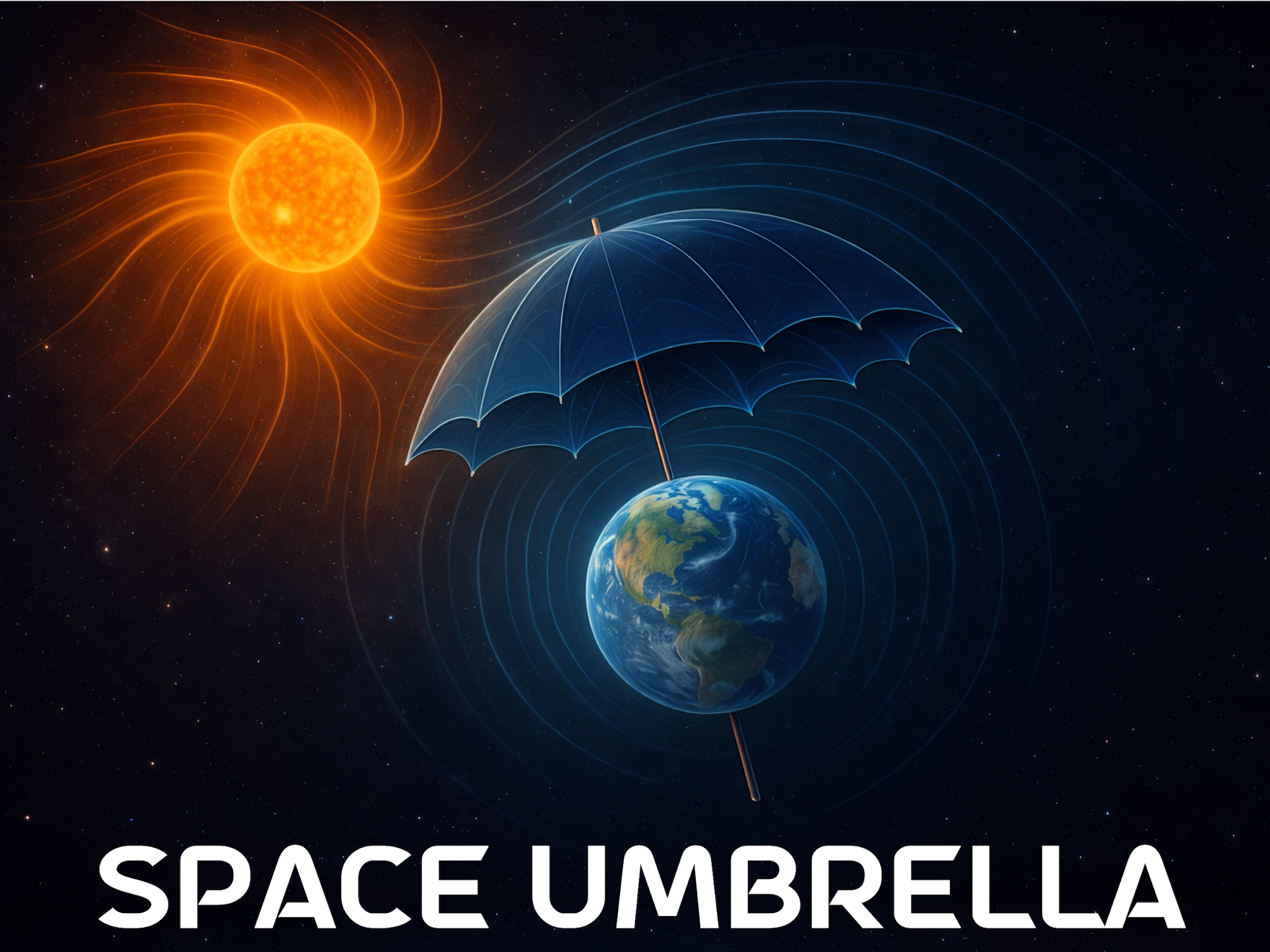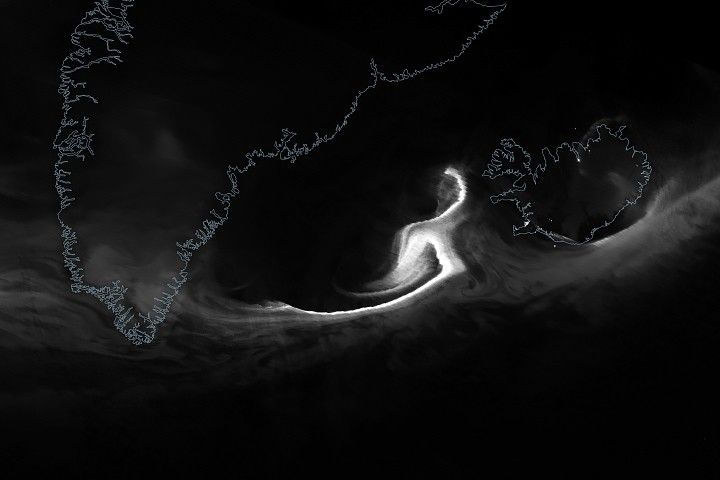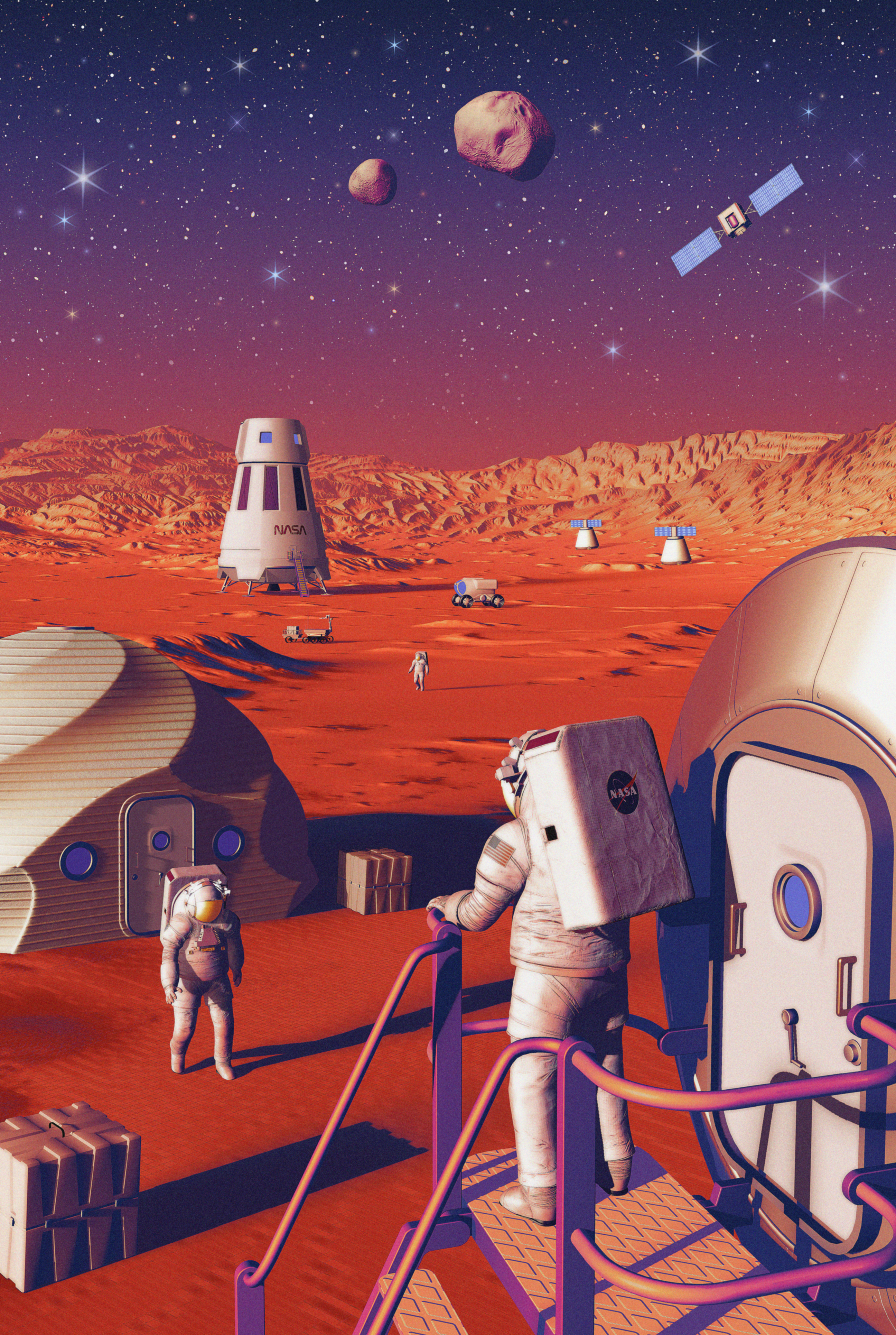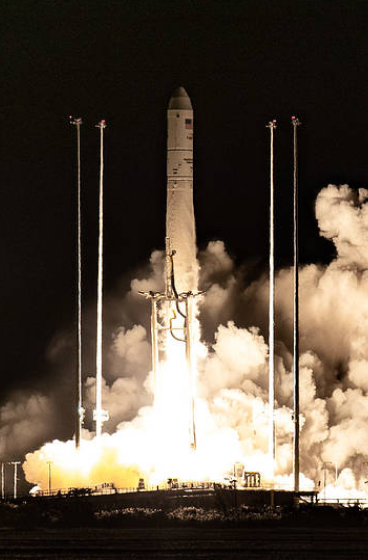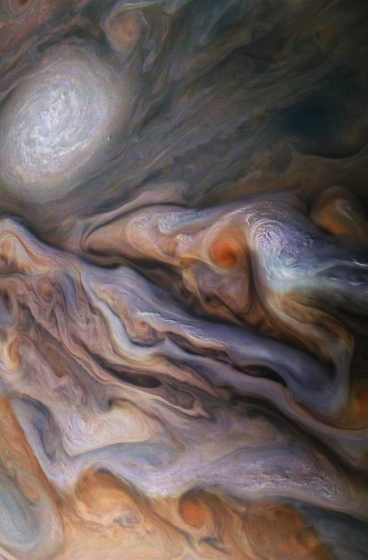NASA has selected three science centers to continue their work to address grand challenge science goals. Called Diversify, Realize, Integrate, Venture, Educate (DRIVE) Science Centers, they support science that requires more than individual investigators or small teams. They bring synergistic, coordinated efforts to achieve innovative, breakthrough science that is both ambitious and achievable.
The centers use the wide range of expertise in their diverse science teams – scientific, computation, and educational – to deliver on major advances in the field of heliophysics.
“The DRIVE Science Centers will continue their transformative research on our Sun and its influence,” Nicola Fox, heliophysics division director at NASA Headquarters in Washington, said. “These high-performing teams address cutting-edge science questions, supporting NASA’s mission, and advancing solar and geospace science.”
The following proposals, principal investigators, and institutions were selected:
Consequences Of Fields and Flows in the Interior and Exterior of the Sun (COFFIES)
- COFFIES establishes a collaborative science community to develop comprehensive models of solar dynamics that will substantially improve the physical understanding of the ways internal plasma flows affect the origin and evolution of magnetic activity cycles of the Sun and stars like it.
- Principal Investigator: J. Hoeksema, Stanford University
Center for Geospace Storms (CGS)
- CGS’s vision is to transform the understanding and predictability of space weather. This center will pursue innovation, empowerment, and discovery to improve space weather modeling and research.
- Principal Investigator: Viacheslav Merkin, Johns Hopkins University
Our Heliospheric Shield
- The vision of the Solar wind with Hydrogen Ion charge Exchange and Large-Scale Dynamics (SHIELD) DRIVE Science Center is to understand the nature and structure of the heliosphere.
- Principal Investigator: Merav Opher, Boston University
For more information about the awardees, please view the proposal abstracts.










